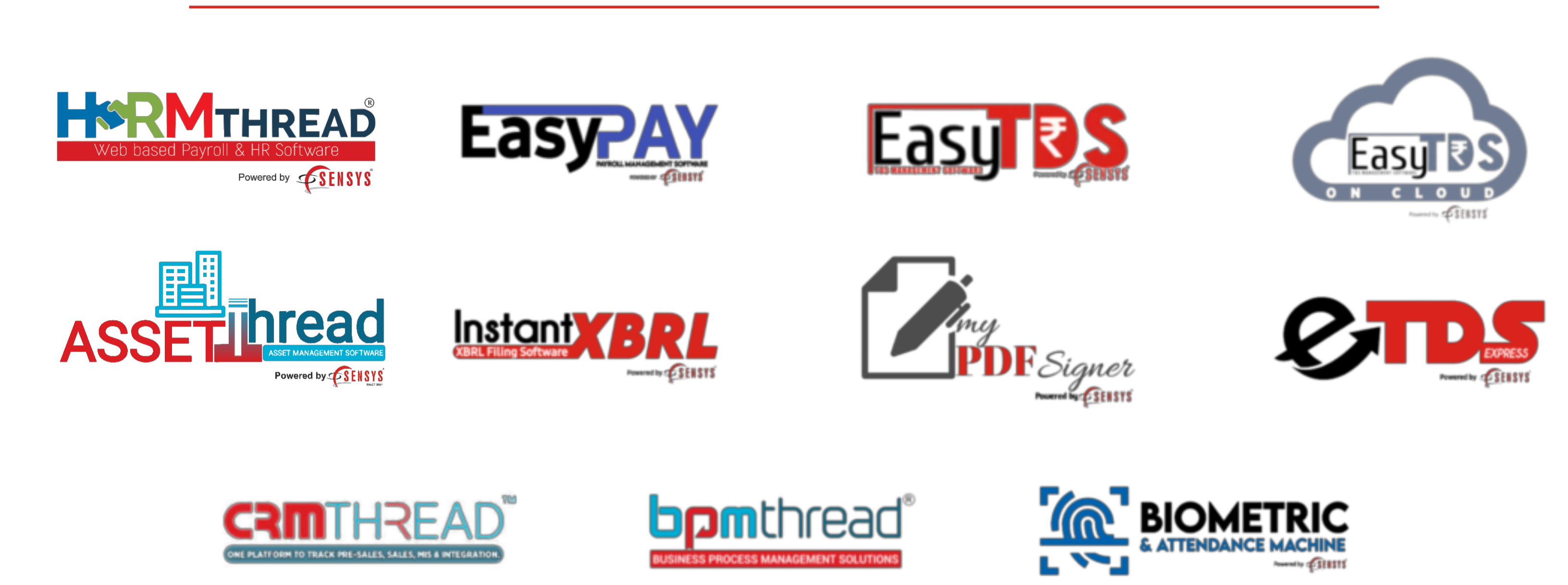Navigating the Revised Minimum Wages in Karnataka for 2024-2025
Introduction: With each passing year, ensuring fair compensation for workers becomes increasingly vital. In Karnataka, the recent revision of minimum wages for the year 2024-2025 underscores the government’s commitment to uplift the workforce. However, for employers, understanding and implementing these revisions effectively can be a daunting task. This article aims to provide clarity on the revised minimum wages in Karnataka for the specified period and offers practical insights for employers to navigate these changes seamlessly.
Understanding the Revised Minimum Wages: The Karnataka government has revised the minimum wages for the fiscal year 2024- 2025, marking an upward adjustment of Rs. 681.60/-. These revisions are applicable across various sectors governed by labor laws, including the Shops & Commercial Establishments Act and the Security Agency Act. It is essential for employers to incorporate these revisions into their wage structures, ensuring compliance and equitable remuneration for all employees.
Key Components of the Revised Minimum Wages:
- Basic Wages: The revised minimum wages include provisions for basic wages, which form the foundation of employees’ compensation packages.
- Dearness Allowance (DA): Additionally, employers must factor in the current DA rates, which stand at Rs. 3518.40/- for the S&E sector and Rs. 2223.60/- for the Security sector. These allowances are crucial in determining the total earnings of employees.
- Contractual and Sub-contractual Arrangements: Employers must ensure that contractors and sub-contractors revise their salary structures in line with the revised minimum wages. This ensures that all workers, regardless of their employment arrangement, receive fair and equitable compensation.
Implementing the Revised Minimum Wages:
- Compliance with Statutory Regulations: Employers must adhere to the provisions outlined in the Karnataka Minimum Wages Act, 1948, and other relevant labor legislations. This includes accurately calculating and disbursing wages, maintaining comprehensive records, and facilitating transparent communication with employees.
- Transparent Communication: Clear and transparent communication regarding the revised minimum wages is paramount. Employers should effectively communicate these changes to all employees, providing detailed explanations and addressing any concerns or queries they may have.
- Periodic Review and Evaluation: Regular reviews and evaluations of wage structures and implementation processes are essential to ensure ongoing compliance and effectiveness. Employers should conduct periodic audits to identify and rectify any discrepancies or non-compliance issues promptly.
- Embracing Technology: Leveraging technology solutions such as payroll software can streamline wage calculations, automate administrative processes, and enhance accuracy and efficiency in wage management.
- Employee Empowerment: Empowering employees with knowledge about their rights and entitlements under the revised minimum wages regime fosters a culture of transparency, fairness, and mutual respect in the workplace.
Conclusion: The revision of minimum wages in Karnataka for the year 2024-2025 reflects the government’s commitment to promoting social justice and economic prosperity for all workers. Employers play a crucial role in ensuring the effective implementation of these revisions, fostering a conducive work environment built on principles of fairness, equity, and compliance. By embracing transparency, communication, and technology, employers can navigate the complexities of the revised minimum wages regime with confidence, ultimately contributing to the well-being and prosperity of the workforce in Karnataka.
Shops and Commercial Establishments Minimum Wages 2024-25 👈 DOWNLOAD
Hotels and Residental Minimum Wages 2024-25 👈 DOWNLOAD
Security Agency Minimum Wages 2024-25 👈 DOWNLOAD
Hospitals Maternity Homes Minimum Wages-2024-25 👈 DOWNLOAD
Electronics and Electroplating Enterprises Minimum Wages 2024-25 👈 DOWNLOAD
Employment not covered Scheduled Minimum Wages 2024-25 👈 DOWNLOAD
Courtesy by: PCS Consultancy
Software Solutions Available on:
TDS | PAYROLL | WEB PAYROLL | WEB HRMS | XBRL | FIXED ASSET |INCOME TAX| SERVICE TAX | DIGITAL SIGNATURE | ATTENDANCE MACHINE & CCTV | DATA BACKUP SOFTWARE | PDF SIGNER
“Our Products & Services”
Sensys Technologies Pvt. Ltd.
HO: 904, 905 & 906, Corporate Annexe, Sonawala Road, Goregaon East, Mumbai- 400 063.
Call: +91 766 990 4748
Email: enquiry@sensysindia.com | Website: http://www.sensystechnologies.com
Branches: Delhi & NCR | Pune | Bangalore | Hyderabad | Ahmedabad | Chennai | Kolkata


